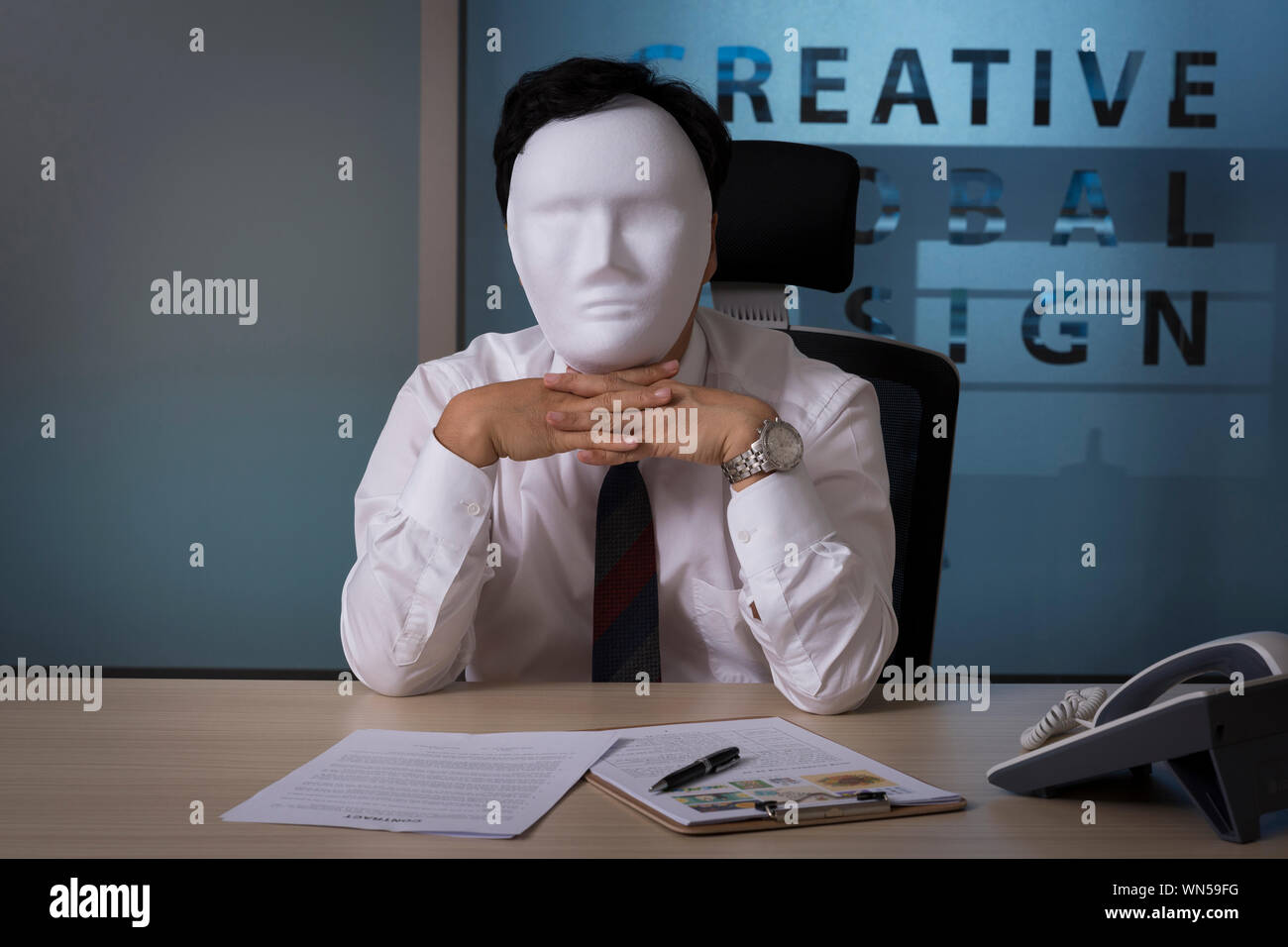
The quickest way to close the technological gap between the United States and its former motherland was not to develop designs from scratch-but to steal them. The fledgling country, however, lacked a domestic textile manufacturing industry and lagged far behind Great Britain. Months before taking the oath of office as the first president in 1789, George Washington wrote to Thomas Jefferson that “the introduction of the late improved machines to abridge labor, must be of almost infinite consequence to America.” Many agreed with Treasury Secretary Alexander Hamilton, who believed that the development of a strong manufacturing base was vital to the survival of the largely agrarian country. The Founding Fathers not only tolerated intellectual piracy, they actively encouraged it. Lowell was hardly the first American to pilfer British intellectual property. Founding Fathers Encouraged Intellectual Piracy Edmund Cartwright shown next to the Power Loom, which was inspired by machinery he saw in England.

Unable to find any sign of spy craft, the British allowed Lowell to return to Boston, where he used Cartwright’s design to help propel the Industrial Revolution in the United States.ĭr. Although the British double-searched his luggage and detained him for days, Lowell knew they would never find any evidence of espionage for he had hidden the plans in the one place they would never find them-inside his photographic mind. Halfway across the Atlantic, a British frigate intercepted Lowell’s ship.

He carried with him pirated plans for Edmund Cartwright’s power loom, which had made Great Britain the world’s leading industrial power. As the War of 1812 raged on, Lowell set sail from Great Britain in possession of the enemy’s most precious commercial secret. government encouraged intellectual piracy to catch up with England’s technological advances. According to historian Doron Ben-Atar, in his book, Trade Secrets, “the United States emerged as the world's industrial leader by illicitly appropriating mechanical and scientific innovations from Europe.”Īmong those sniffing out innovations across the Atlantic was Harvard graduate and Boston merchant, Francis Cabot Lowell.

Long before the United States began accusing other countries of stealing ideas, the U.S.


 0 kommentar(er)
0 kommentar(er)
